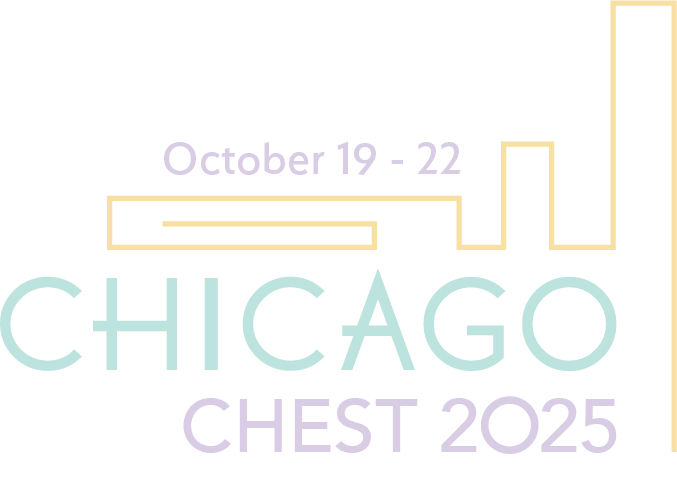
Since the 1960s, CHEST has played a key role in advocating for anti-tobacco policies and raising awareness about the links between smoking and lung cancer. Decades later, smoking cessation efforts remain just as relevant and necessary, particularly with the rise of vaping.
Sessions at CHEST 2025, October 19 to 22, will equip clinicians with the latest information about the negative health consequences of combustible cigarettes, e-cigarettes, and cannabis. Experts in the field will explore emerging population patterns, actionable cessation strategies, health equity considerations, and advocacy opportunities.
Because the landscape has evolved so dramatically in recent years, misconceptions are common among the public and even clinicians, said Evan Stepp, MD, FCCP, Associate Professor of Medicine at National Jewish Health.
“When you compare [e-cigarettes] with combustible cigarettes—I mean, that is a low bar to get over,” Dr. Stepp said. “They present unique harms, especially when they so easily fall into the hands of kids. They’re actively sought out because they’re massively addictive products that have huge concentrations of a very psychoactive substance.”
Dr. Stepp will chair the session The Vaping and Cannabis Epidemic: Call to Action, on Monday, October 20, at 4:30 pm. The session, which has been popular in previous years, will once again educate attendees about what he considers the “worse than you think” harms and scope of vaping in children and adults.
The session will spark discussions on encouraging clinicians to tap into their advocacy side, band together, and make a difference. Speakers will also address overlapping aspects that relate to cannabis use—a growing topic of conversation among respiratory professionals in recent years.
Another session, Smoking Cessation: Cutting-Edge Strategies, on Sunday, October 19, at 4 pm, will present tried-and-true cessation strategies that clinicians can use when counseling patients with respiratory conditions. Presenters will review behavioral and pharmacotherapy interventions, as well as the role and risks of e-cigarettes and other alternative approaches to smoking cessation. A case-based question and answer period will provide insight from all corners of pulmonary medicine.
Aside from these sessions, the celebration of CHEST’s 90th anniversary during CHEST 2025 will offer attendees an opportunity to reflect on their place in the ongoing fight against the tobacco industry and its offshoots. CHEST has led by example over the years—as far back as the 1970s, adopting a “no smoking” policy at its annual meeting and requiring a nonsmoking pledge for all fellows of the college. Today’s clinicians are well-positioned to continue that work, Dr. Stepp said.
“It feels almost like a second act with the same actors,” he said, noting the familiar predatory promotion of vaping products and, in response, the renewed need for champions of public health.
“The same thread runs through all of this, from back in the ‘good old days’ of combustible cigarette advocacy and beating that down to this second chapter—trying to support accurate information and teaching members how to get involved in things that are so professionally rewarding and practically helpful for their patients and their communities.”

Call for Topics Is Open
Feeling inspired by all the great sessions in Chicago? Help shape the curriculum for CHEST 2026, October 18 to 21 in Phoenix, by submitting topic ideas from areas you’re passionate about, topics affecting your practice, or new technologies you’d like to learn more about. The submission deadline is Tuesday, December 2, at 2 pm CT.


